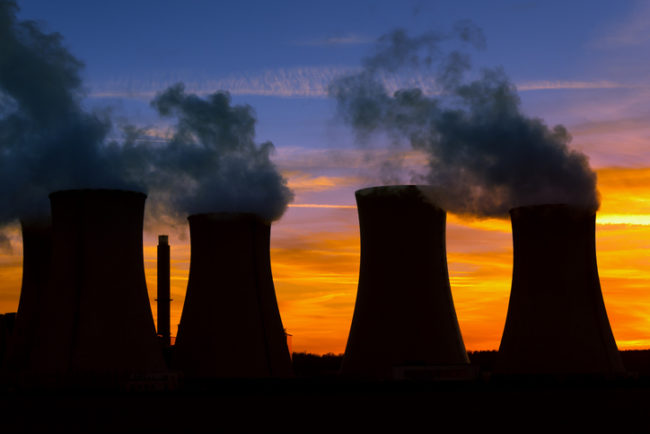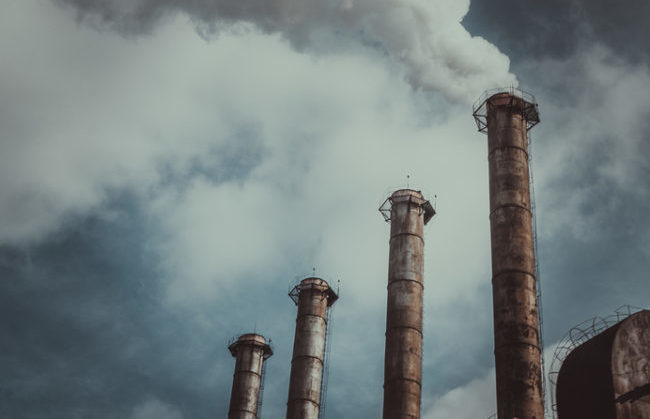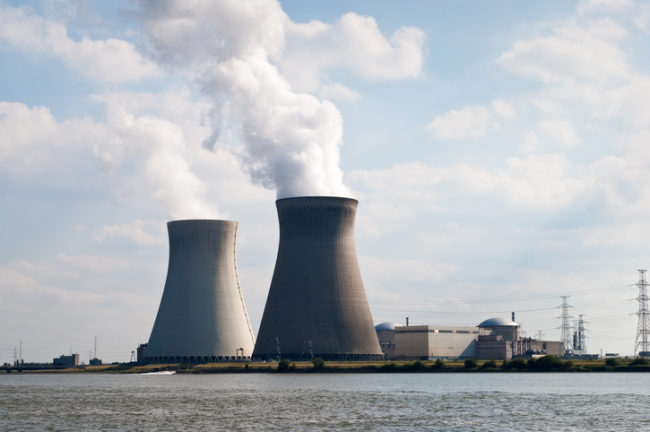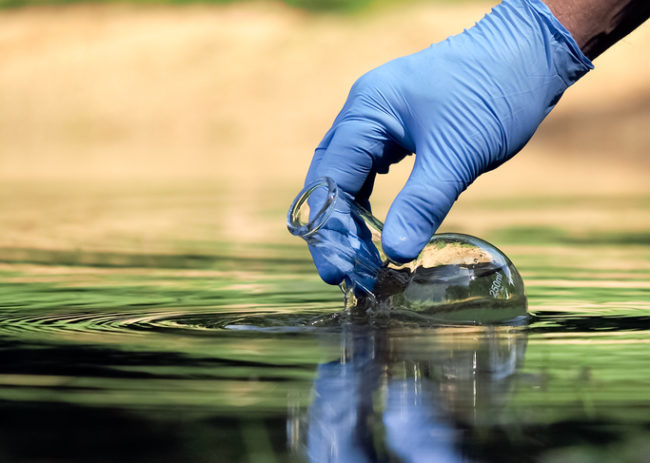Following the release by the New York Times of a draft copy of a Climate Change Special Report (CSSR) prepared to provide the scientific basis of the upcoming 2018 Fourth National Climate Assessment—as if perfectly planned for maximum effect, according to an analysis released on August 15 by NASA’s Goddard Institute for Space Studies (GISS)— July 2017 was the warmest July on record (since 1880), and statistically tied with the warmest month on record of August 2016. (GISTEMP Team, 2017: GISS Surface Temperature Analysis (GISTEMP). …
Continue Reading









